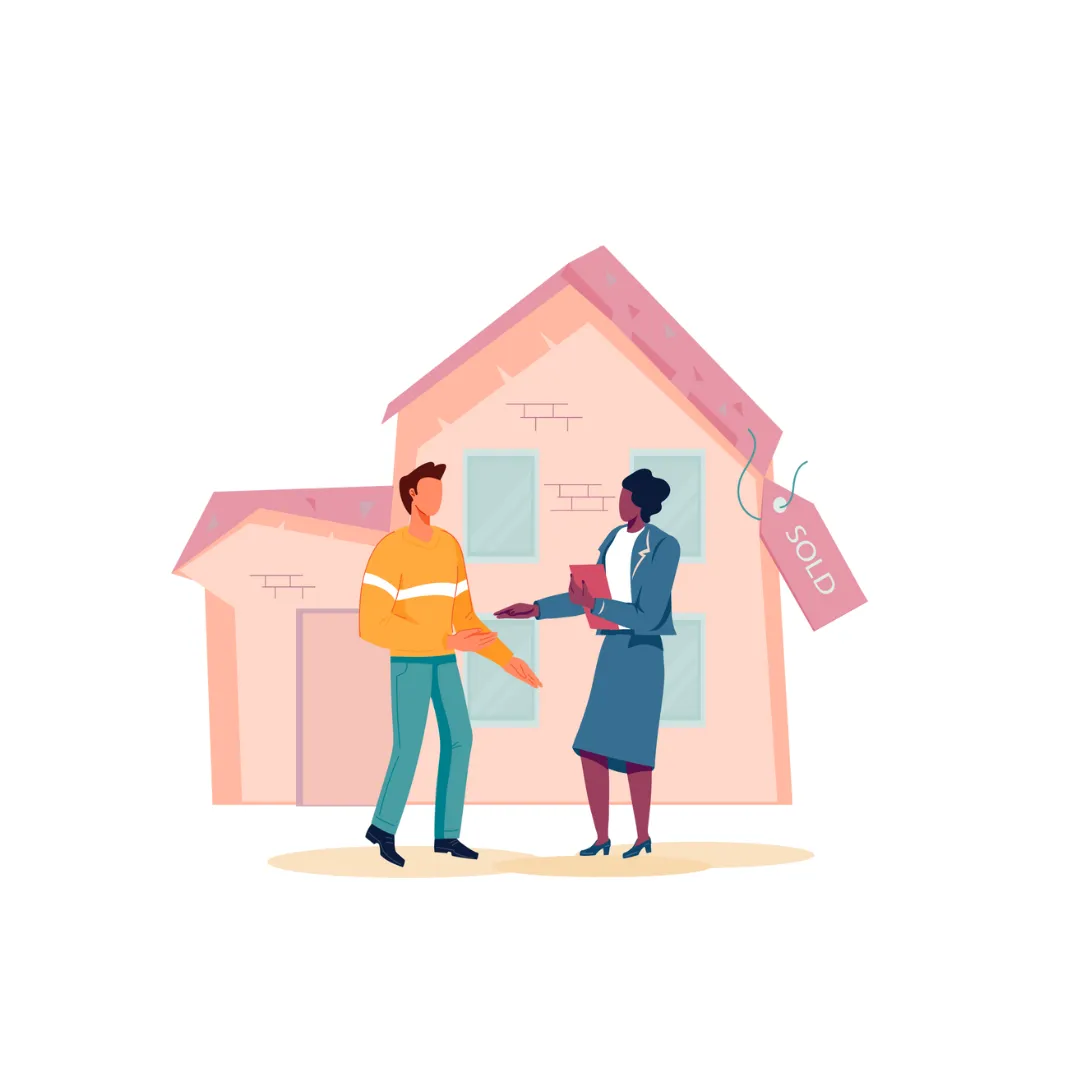How Much Is Your Home Worth?

How Tucson Handles Property Line Disputes and Zoning Conflicts
How Tucson Handles Property Line Disputes and Zoning Conflicts
What Homeowners and Buyers Need to Know
When you're buying a home—or already own one—in Tucson, Arizona, it’s easy to focus on the usual details like home inspections, mortgages, and landscaping. But one topic that can quickly disrupt a peaceful homeownership experience is a property line dispute or zoning conflict.
Whether it’s a fence built too close to the neighbor’s yard or a business operating in a residential area, these conflicts can have real legal and financial consequences. Here’s how Tucson handles these issues and what you can do to protect yourself.
🔍 Understanding Property Line Disputes in Tucson
A property line dispute typically arises when one party believes a neighbor has encroached on their land—intentionally or not. This can happen when:
A fence, shed, or wall is built beyond the actual boundary
Landscaping or tree roots extend into another yard
Access paths, driveways, or utilities cross property lines without permission
In Tucson, these disputes are considered civil matters, not criminal ones, so it’s up to the homeowners to resolve them—often with legal guidance.
✅ How to Handle It:
Start with a Survey
The best way to determine where your property begins and ends is to hire a licensed land surveyor. They’ll mark your exact boundaries according to the legal description recorded with Pima County.Talk to Your Neighbor
If possible, have a civil conversation with your neighbor and present your findings. Most minor disputes can be resolved informally.Consult an Attorney
If the issue escalates, a real estate attorney can help you send formal notices or proceed with legal action to protect your rights.
🏘️ Zoning Conflicts in Tucson: What You Should Know
Tucson is governed by the Unified Development Code (UDC), which outlines what types of structures and uses are allowed in each zoning district. Zoning conflicts can arise when:
A business opens in a residential area without proper zoning
A homeowner builds an addition or ADU (Accessory Dwelling Unit) without approval
Land use violates setbacks, height restrictions, or density limits
These conflicts are typically enforced by City of Tucson Planning & Development Services or Pima County Development Services (depending on your exact location).
🛠️ Common Zoning Conflict Scenarios:
Short-term rentals (like Airbnb) operating without required permits
RV parking or mobile homes placed on lots not zoned for them
Home-based businesses exceeding zoning limits for traffic, noise, or signage
📝 How Tucson Handles Zoning Disputes:
Complaints and Investigations
Zoning issues are often reported by neighbors. The city or county may send a code enforcement officer to inspect the property and issue a warning or fine if needed.Appeals and Variances
If your property is cited, you may be able to apply for a variance or conditional use permit to legally proceed with your project.Planning and Zoning Commission Hearings
For major conflicts or rezoning efforts, disputes may go before a commission or even the city council for review.
🛡️ How to Protect Yourself Before and After You Buy
Get a property survey during escrow to avoid future disputes.
Review zoning maps and restrictions before making changes to your property.
Ask about nearby land use and development plans when buying, especially in growing areas of Tucson.
Work with a local expert who knows how to navigate these potential challenges.
Work With Ryan Comstock – Your Tucson Real Estate Advocate
Whether you're buying your first home or investing in Tucson real estate, Ryan Comstock is here to help you navigate more than just price and location. Ryan brings deep knowledge of property lines, zoning laws, and the local legal landscape to ensure you avoid surprises after closing.
📞 Call Ryan at (520) 261-4669
🌐 Visit www.ryancomstock.com






